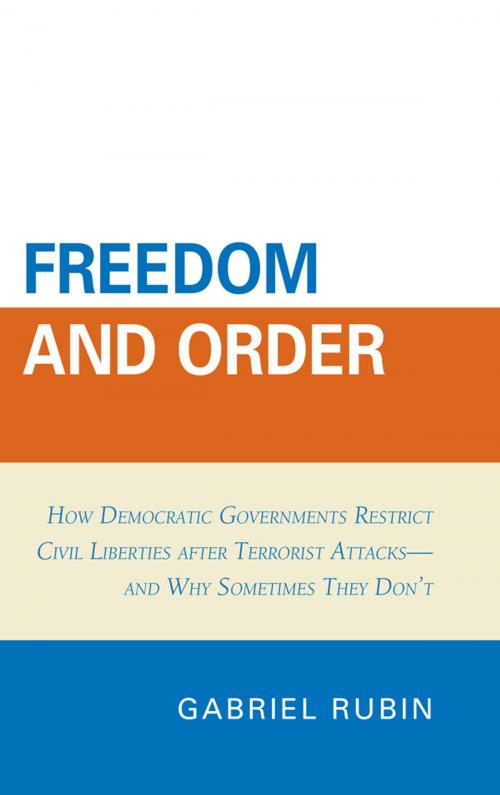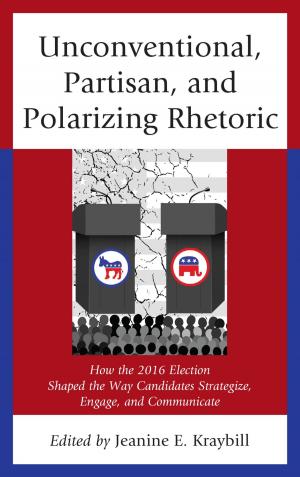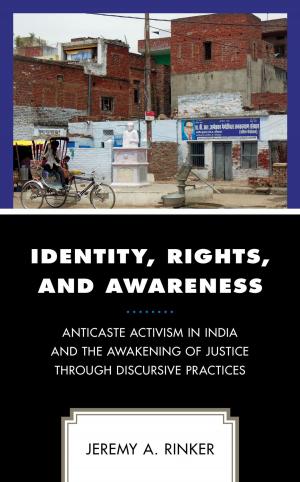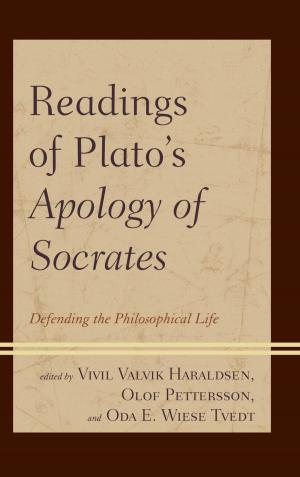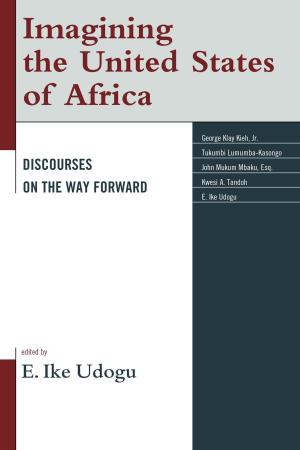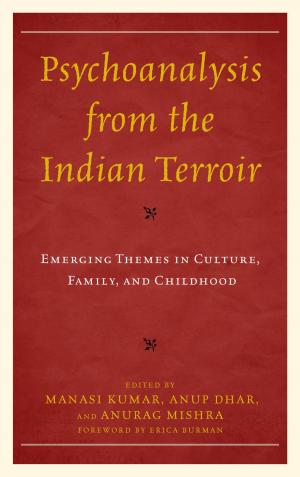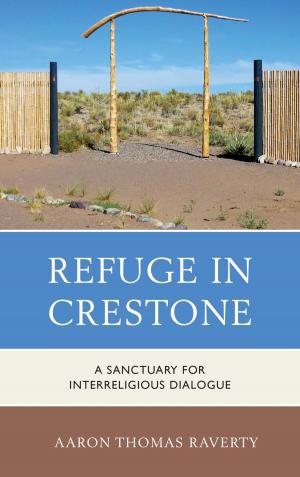Freedom and Order
How Democratic Governments Restrict Civil Liberties after Terrorist Attacks_and Why Sometimes They Don't
Nonfiction, Social & Cultural Studies, Political Science, Politics, Law Enforcement, International, International Relations| Author: | Gabriel Rubin | ISBN: | 9780739164556 |
| Publisher: | Lexington Books | Publication: | May 19, 2011 |
| Imprint: | Lexington Books | Language: | English |
| Author: | Gabriel Rubin |
| ISBN: | 9780739164556 |
| Publisher: | Lexington Books |
| Publication: | May 19, 2011 |
| Imprint: | Lexington Books |
| Language: | English |
The book examines how governments and publics react to terrorist attacks in the United States, the United Kingdom and Israel. It focuses specifically on why civil liberties are abridged in some cases and not in others. The chapters cover the topic by looking at it through a number of different lenses, including topics like how governments might manipulate fear, public opinion trends after terrorist attacks, how the Patriot Act was passed, and case studies where legislation was blocked by the legislature and a government chief executive did not seek to pass legislation at all after a terrorist attack. This innovative book compares different responses to terrorism without simply focusing on the case of 9/11, and, through comparison, reveals new findings about best practices for dealing with terrorism. Freedom and Order gives a fine-grain analysis of how the Patriot Act was passed that does not exist in any other text to-date and compares public responses to terror attacks from three different countries. Rubin deals a blow to the theory that the public rallies around their leader after terrorist attacks and that civil liberties are always abridged after terrorist attacks.
The book examines how governments and publics react to terrorist attacks in the United States, the United Kingdom and Israel. It focuses specifically on why civil liberties are abridged in some cases and not in others. The chapters cover the topic by looking at it through a number of different lenses, including topics like how governments might manipulate fear, public opinion trends after terrorist attacks, how the Patriot Act was passed, and case studies where legislation was blocked by the legislature and a government chief executive did not seek to pass legislation at all after a terrorist attack. This innovative book compares different responses to terrorism without simply focusing on the case of 9/11, and, through comparison, reveals new findings about best practices for dealing with terrorism. Freedom and Order gives a fine-grain analysis of how the Patriot Act was passed that does not exist in any other text to-date and compares public responses to terror attacks from three different countries. Rubin deals a blow to the theory that the public rallies around their leader after terrorist attacks and that civil liberties are always abridged after terrorist attacks.
